Psychosis is a set of symptoms that involve a person’s mind “playing tricks on them.” The person experiencing psychosis may have difficulty telling the difference between their own thoughts and perceptions and those that come from the outside world. Although real to the person experiencing psychosis, psychotic experiences are not experienced as real to others. In fact, as a medical term, psychosis refers to a loss of contact with reality, or difficulty telling what is real from what is not real.
Psychosis is more common than many people think. Symptoms may come and go or be relatively constant. It is often associated with mental health disorders like depression, bipolar disorder, and schizophrenia. However, psychosis can also occur for many other reasons, including substance abuse, brain injury, seizure disorders, or conditions of extreme sleep deprivation or isolation.
Most importantly, psychosis is treatable. It may be preventable
How Does Psychosis Begin?
Psychosis almost never comes on suddenly. Rather, most people experience gradual changes over a period of months to years before experiencing pronounced or diagnosable symptoms.
These changes can include new or worsening trouble with concentration, a change in the way things look or sound, or a general sense that something “isn’t quite right.” These changes are often accompanied by new or worsening difficulties in school or social functioning or declining interest in people, activities or self-care.
The earlier that a person gets help when they are experiencing these earliest warning signs for psychosis, the better the person’s outcome is likely to be. In fact, early treatment may be able to prevent the development of pronounced or disabling psychotic symptoms.
How is Psychosis Treated?
MYTH: Psychosis is untreatable.
FACT: There are a number of effective treatments for psychotic symptoms and the illnesses in which these symptoms occur.

The majority of individuals who experience psychosis respond to treatment. An important part of treatment is establishing a good relationship with a treatment provider or treatment team. Currently, there is strong research support for the following psychological treatments for treating psychosis in people with diagnosed illnesses such as schizophrenia or bipolar disorder:
- Assertive Community Treatment (ACT)
- Cognitive Behavioral Therapy (CBT)
- Cognitive Remediation
- Family Psychoeducation
- Social Skills Training
- Supported Employment
- Social Learning/ Token Economy Programs
For more information visit this website on research-supported psychological treatments organized by treatment and disorder: Society of Clinical Psychology – Research Supported Psychological Treatments
Early intervention has the potential to delay or ultimately prevent the onset of psychosis, and to improve the outcome of those who do develop a disorder.
